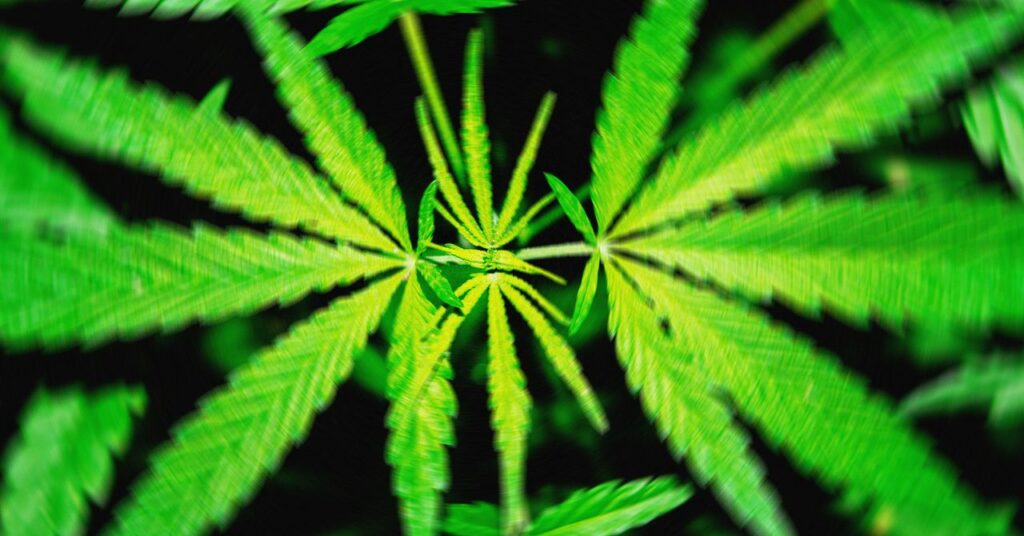A provision in the federal spending bill that could end the US government shutdown would effectively destroy the hemp extracts industry by banning intoxicating hemp-based THC products, including gummies and drinks.
The provision, part of the funding bill passed by the US Senate Monday night, would ban the “unregulated sale of intoxicating hemp-based or hemp-derived products, including Delta-8, from being sold online, in gas stations, and corner stores,” according to a Senate Appropriations Committee summary of the legislation. The bill, accounting for $26.65 billion in funds, is being voted on in the House of Representatives Wednesday. If passed, President Donald Trump is expected to sign it into law.
The hemp provision ends a loophole provided by the 2018 Farm Bill that essentially decriminalized intoxicating hemp-based products. Those products include cannabinoids like delta-8 and THCA, which are found in a variety of edibles and drinks. However, the Farm Bill stipulates that hemp products can’t contain more than 0.3 percent delta-9 THC by dry weight; delta-9 is the main psychoactive compound in cannabis, which remains federally illegal. Both hemp and cannabis come from the cannabis sativa plant, but hemp contains very low levels of delta-9.
Kentucky Senator Rand Paul was the sole Republican to vote against the spending bill Monday after failing to amend the bill by striking the hemp ban from it. In September dozens of Kentucky hemp farmers sent a letter to fellow state Senator Mitch McConnell, who has been pushing for the ban, pleading with him to reconsider.
The letter said the hemp-derived cannabinoid market “gave us—for the first time in decades—a new crop with real economic opportunity” and that a ban would result in “immediate and catastrophic consequences.”
According to a report from the Cannabis Business Times, sales for hemp-derived cannabinoids exceeded $2.7 billion in 2023.
“This will ultimately devastate the industry and devastate hemp farmers as well,” says attorney and hemp advocate Jonathan Miller, adding that it would “wipe out” 95 percent of hemp ingestibles.
While the provision says it will preserve “non-intoxicating CBD and industrial hemp products,” Miller disputes that, noting that the most popular hemp-derived CBD products still contain more that the proposed limit of 0.4 milligrams of THC per container. CBD products do not get people high, but are popular and used for things like insomnia and anxiety, though research on their efficacy is still limited.

